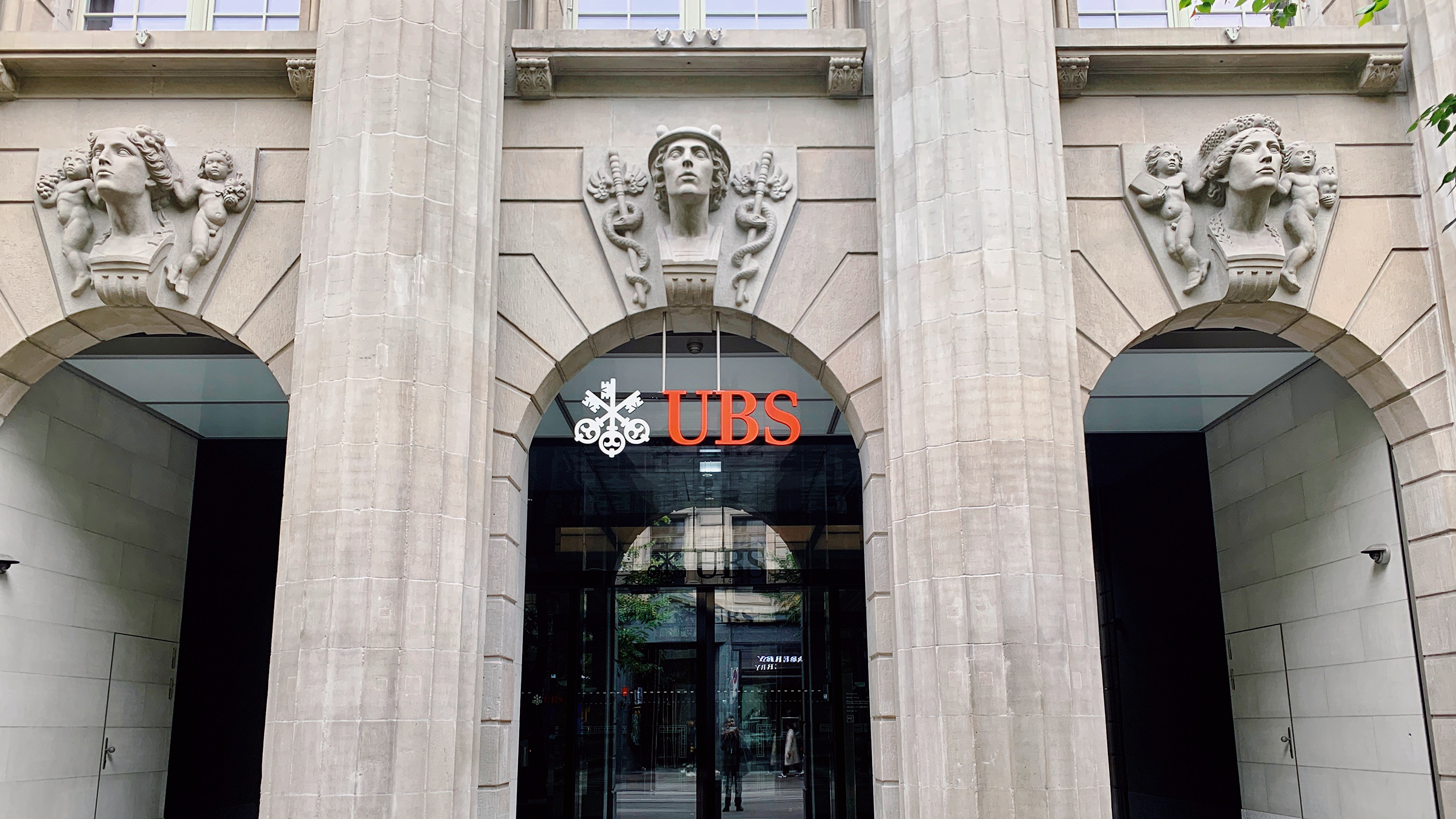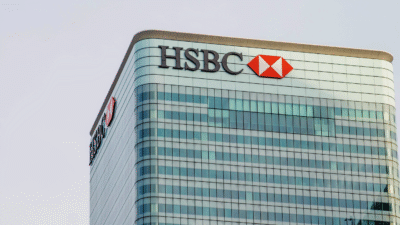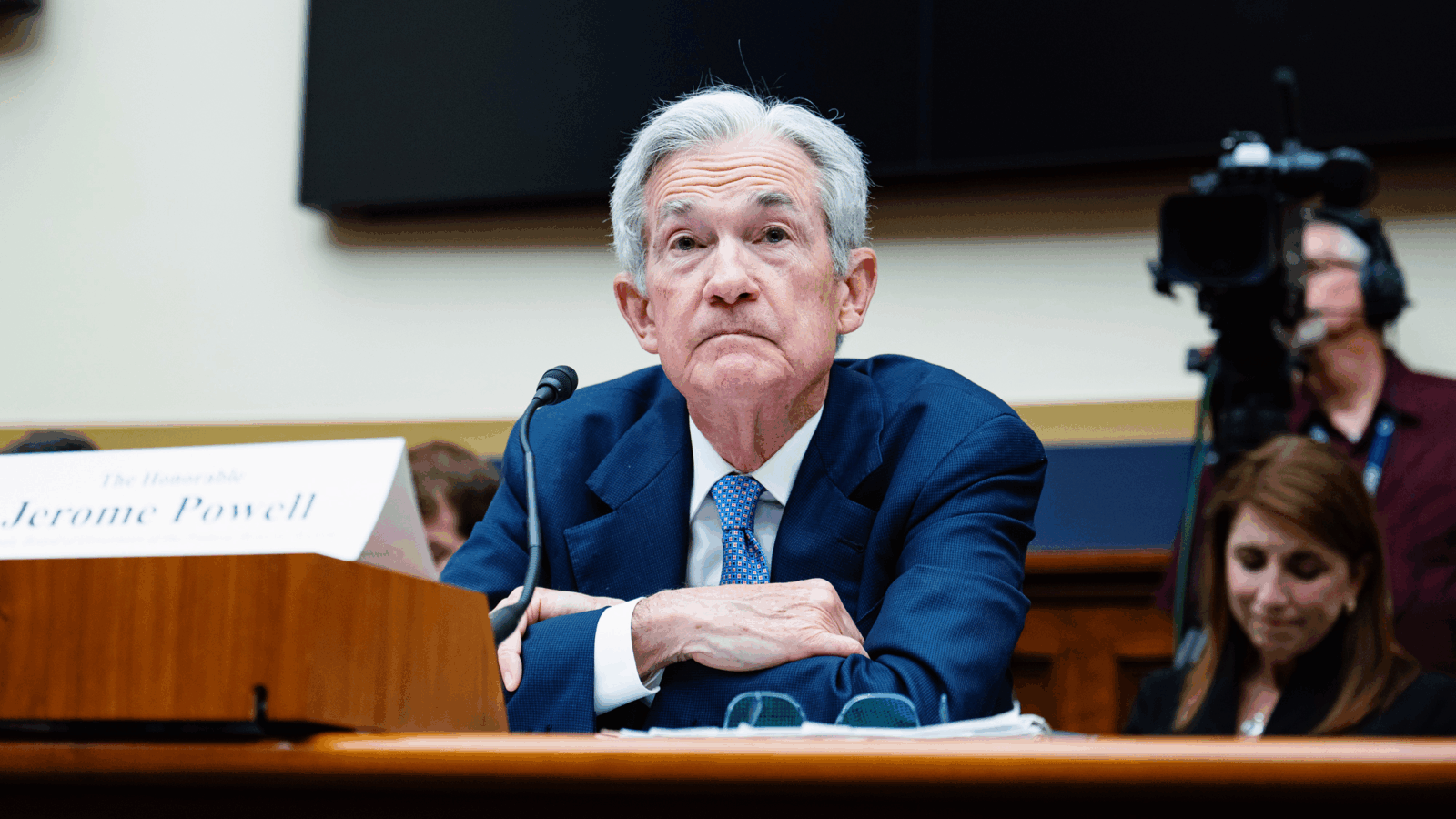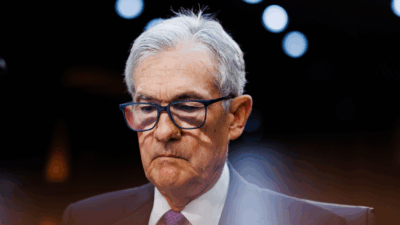UBS Has Left its Credit Suisse Burden Behind
Integration costs related to Credit Suisse were just over $1 billion, well below the $3.75 billion in the two previous quarters combined.
Sign up for smart news, insights, and analysis on the biggest financial stories of the day.
As the Swiss say, that’s cheese!
After two consecutive quarters of losses, Zurich-based banking giant UBS swung back to a profit in a big way, announcing on Tuesday that it posted a net income of $1.8 billion in this year’s first quarter. The company’s stock responded in kind, closing up 7%.
Digestif
A return to a calm, straightforward investment banking and wealth management business was exactly what UBS needed, given the chaos that came with its move to buy Credit Suisse in March 2023 — chaos that specifically involved clients pulling money from both UBS and Credit Suisse. Now, however, much of the flock — and then some — has returned: UBS said its wealth management business reaped $27 billion in net new assets, which helped revenue at the division jump 11%. Meanwhile, the company’s investment banking unit saw revenue rise 16%, as dealmaking has generally started to tick higher across the industry despite high interest rates.
But investors were likely applauding loudest at the Credit Suisse integration happening even faster than expected:
- UBS said that integration costs related to Credit Suisse were just over $1 billion for the quarter, well below the $3.75 billion it saw in the two previous quarters combined. The bank noted that it cut 2,000 jobs in the first quarter, bringing the total headcount shrink to 19,000 since the acquisition.
- Those costs aren’t exactly over. UBS said it expects integration-related expenses to tick up to about $1.3 billion in the second quarter and hit about $3.5 billion in 2024. It had said in February that it expects some amount of integration costs to continue until 2026.
Good Problem to Have: Now UBS can just get back to the business of worrying about regulatory oversight like any other bank. The company’s investors have been fretting about a proposal from Switzerland’s finance department that would increase the capital levels required for UBS to keep, with the Swiss finance minister saying it could mean $15 billion to $25 billion in additional capital for the bank. UBS has pushed back at the proposal, saying the higher requirement would put Swiss banks at a disadvantage to US and Asian competitors, which have relatively deeper capital markets. Welcome to normalcy, UBS.












